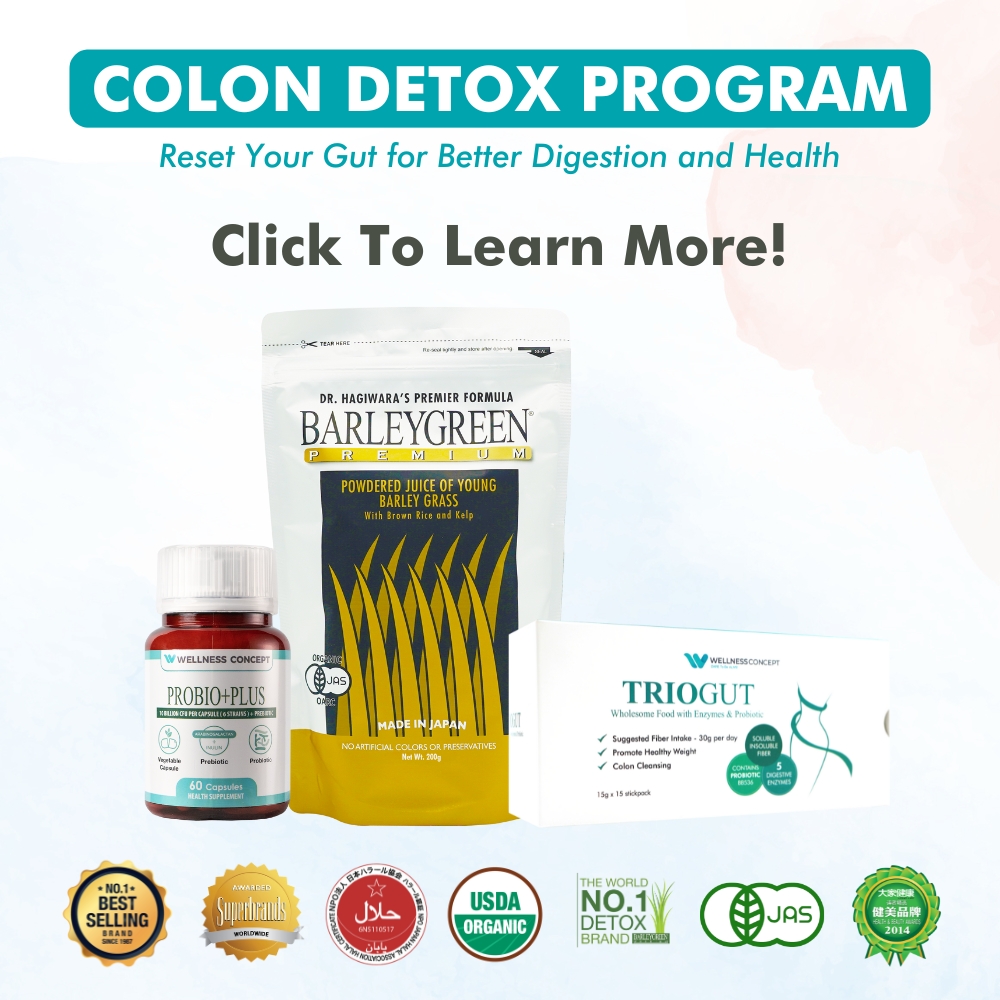Did you know that over 50 microbial species naturally reside in the vagina? These microorganisms play a crucial role in maintaining balance and preventing infections. Among them, lactobacilli are particularly important for supporting a healthy environment.
Recent studies have explored the potential of certain strains, like L. acidophilus, in promoting vaginal wellness. While research is ongoing, early findings suggest that these beneficial bacteria may help maintain pH levels and reduce the risk of imbalances. However, definitive conclusions are still being developed.

Click to LEARN MORE
For those interested in learning more, the Wellness Group is here to help. They offer expert advice and are available via WhatsApp at +60123822655. Their business hours are Monday to Friday, 9:30 am to 6:30 pm, and Saturday & Sunday, 10 am to 5 pm.
This article will provide an overview of the science behind probiotics, their potential benefits, and expert recommendations. Whether you’re curious about supplements or natural solutions, this guide aims to offer clear, friendly insights.
Key Takeaways
- Over 50 microbial species naturally exist in the vagina, with lactobacilli playing a key role.
- Strains like L. acidophilus are being studied for their potential to support vaginal balance.
- Research is promising but ongoing, with no definitive conclusions yet.
- Maintaining a healthy pH level is essential for preventing infections.
- Wellness Group offers expert advice and is available via WhatsApp at +60123822655.
Exploring Probiotics: Definition, Benefits, and Sources
Probiotics have become a popular topic in health discussions due to their potential benefits. These live microorganisms are naturally found in certain foods and supplements. They play a key role in maintaining balance within the body, particularly in the digestive and vaginal systems.
What Are Probiotics and How Do They Work?
Probiotics are live beneficial microorganisms that support health by interacting with the body’s natural bacteria. They help restore balance, especially after disruptions caused by factors like antibiotics or stress. Lactobacillus and Bifidobacterium are among the most well-studied strains.
These microorganisms work by colonizing the gut and other areas, such as the vaginal tract. They produce substances like lactic acid, which helps maintain an acidic environment. This acidity inhibits the growth of harmful bacteria, promoting overall wellness.
Everyday Sources of Probiotics
Probiotics can be found in a variety of everyday foods. Some common sources include:
- Yogurt: Contains live cultures like L. acidophilus.
- Kefir: A fermented milk drink rich in beneficial bacteria.
- Sauerkraut: Fermented cabbage that supports gut health.
- Pickles: Naturally fermented pickles are a great source.
While dietary sources are effective, probiotic supplements are another option. These products often contain specific strains tailored to address certain conditions. However, it’s important to choose high-quality supplements and consult a healthcare professional.
Whether obtained from food or supplements, probiotics offer numerous benefits. They support digestive health, enhance immune function, and may even contribute to maintaining a healthy vaginal environment. For personalized advice, the Wellness Group is available via WhatsApp at +60123822655.
Are Probiotics Good for Vaginal Health?
The human body hosts trillions of microorganisms, with the vaginal microbiome playing a critical role in overall wellness. Scientific research continues to explore how beneficial bacteria can support this delicate balance. While antibiotics remain the primary treatment for infections, emerging evidence suggests that certain strains may offer additional support.
Scientific Evidence and Research Findings
Studies have shown that specific strains, such as L. acidophilus and L. rhamnosus, may help maintain a healthy vaginal environment. These microorganisms produce lactic acid, which helps keep pH levels balanced and inhibits harmful bacteria. Dr. Mindy Haar notes, “Probiotics show promise in reducing the recurrence of bacterial vaginosis when used alongside traditional treatment.”
However, research is still in its early stages. While some findings are encouraging, more extensive studies are needed to confirm these benefits. For now, probiotics are considered a supportive measure rather than a standalone treatment.

Key Probiotic Strains for Vaginal Balance
Several strains are being studied for their potential to support vaginal wellness. These include:
- L. acidophilus: Known for its role in maintaining pH balance.
- L. rhamnosus: May help prevent yeast infections.
- L. reuteri: Supports both gut and vaginal health.
Fermented foods like yogurt are natural sources of these beneficial bacteria. Incorporating them into your diet can be a simple way to support overall wellness. For more detailed advice, consider reaching out to the Wellness Group.
While probiotics are not a replacement for medical treatment, they can be a valuable addition to a holistic approach to health. Always consult a healthcare professional before starting any new regimen.
Understanding the Vaginal Microbiome and Probiotic Impact
The vaginal microbiome is a complex ecosystem dominated by beneficial bacteria. These microorganisms play a vital role in maintaining balance and preventing infections. Among them, lactobacillus species are particularly important for creating a healthy environment.
The Role of Lactobacilli in Vaginal Health
Lactobacilli are the cornerstone of a healthy vaginal microbiome. They produce lactic acid, which helps maintain an acidic pH. This acidity inhibits the growth of harmful bacteria, reducing the risk of bacterial vaginosis and other infections.
Research shows that these beneficial bacteria also produce hydrogen peroxide, further protecting against pathogens. A healthy body relies on this delicate balance to function optimally. Disruptions, such as hormonal changes or poor hygiene, can lead to imbalance and health issues.
Connection Between Gut and Vaginal Microbiota
The gut and vaginal microbiomes are closely linked through a phenomenon known as “crosstalk.” Studies suggest that a healthy gut can positively influence vaginal health. This connection highlights the importance of a holistic approach to wellness.
Factors like diet, stress, and lifestyle choices can affect both systems. For example, a diet rich in fermented foods supports gut health, which in turn may benefit the vaginal microbiome. Maintaining this balance is key to overall well-being.
| Key Factor | Impact on Vaginal Microbiome |
|---|---|
| Lactobacillus Presence | Maintains acidic pH, prevents infections |
| Gut Health | Supports vaginal microbiome through crosstalk |
| Diet | Influences both gut and vaginal health |
| Hygiene | Prevents disruptions and imbalances |
Understanding these interactions is essential for developing effective prevention and treatment strategies. For personalized advice, consider reaching out to the Wellness Group via WhatsApp at +60123822655.
Clinical Perspectives on Probiotic Use for Vaginal Conditions
Experts are exploring how probiotics can complement traditional treatments for vaginal conditions. While antibiotics remain the primary medication for infections, emerging studies suggest that probiotics may offer additional support. This section delves into clinical insights, expert recommendations, and the evolving role of probiotics in managing vaginal health.

Insights from Health Experts and Research Studies
Dr. Mindy Haar, a leading expert in women’s health, notes, “Probiotics show promise in reducing the recurrence of bacterial vaginosis when used alongside traditional treatments.” Clinical studies have observed that specific strains, such as L. rhamnosus and L. reuteri, can help restore balance in the vaginal tract. These strains produce lactic acid, which maintains an acidic environment and inhibits harmful bacteria.
One study found that women using probiotics experienced a significant reduction in recurrent infections. However, Dr. Goje emphasizes that probiotics are not a standalone medication but rather an adjunct to standard treatments. “Their role is supportive, not curative,” she explains.
Recommendations and Considerations for Treatment
Health professionals recommend a personalized approach when considering probiotics. Factors like medical history, current medication, and specific conditions should guide treatment decisions. For instance, probiotics may be particularly beneficial for women experiencing recurrent bacterial vaginosis or those recovering from antibiotic therapy.
While probiotics are generally safe, proper diagnosis is essential. Dr. Haar advises, “Always consult a healthcare professional before starting any new regimen.” This ensures that probiotics are used in the right way and context.
For those interested in exploring probiotic options, the Wellness Group offers expert guidance. Their team can help tailor a plan that aligns with individual needs and health goals.
Integrating Probiotics into Daily Wellness Routines
Incorporating beneficial bacteria into daily routines can support a healthy microbiome. Simple dietary and lifestyle changes can make a significant difference in maintaining balance and promoting overall wellness. Here’s how to seamlessly integrate probiotics into your routine.
Dietary Tips and Probiotic Supplements
Fermented foods are a natural source of live microorganisms that can enhance the microbiome. Yogurt with live cultures, kefir, and fermented vegetables like sauerkraut are excellent choices. These foods introduce beneficial species like lactobacillus rhamnosus, which support vaginal balance.
For those who prefer supplements, selecting high-quality products is crucial. Look for options that specify strains like lactobacillus rhamnosus and contain at least 15 billion CFUs per serving. Always consult a healthcare professional to ensure the supplement aligns with your needs.
Reducing sugar intake can also help maintain a healthy pH level. Sugar can disrupt the microbiome, making it harder for beneficial microbes to thrive. Pairing probiotic-rich foods with a balanced diet ensures continuous support for the body’s natural defenses.
Lifestyle Practices for Maintaining a Healthy Vaginal pH
Stress management is essential for overall wellness. High stress levels can disrupt the microbiome, affecting both gut and vaginal health. Practices like yoga, meditation, or regular exercise can help maintain balance.
Proper hygiene is another key factor. Avoid harsh soaps or douches that can disturb the natural pH. Instead, opt for gentle, pH-balanced products that support the microbiome.
Hydration is equally important. Drinking plenty of water supports circulation to cervicovaginal tissue, helping maintain an optimal environment. For more tips on foods that support vaginal health, explore our detailed guide.
For personalized advice, the Wellness Group is here to help. Reach out via WhatsApp at +60123822655 for expert guidance tailored to your needs.
Conclusion
Maintaining a balanced microbiome is essential for overall wellness, and certain beneficial bacteria play a key role. Research suggests that these microorganisms may support both gut health and vaginal balance, though further studies are needed to confirm definitive benefits.
Current findings are promising, highlighting the potential of specific strains to maintain pH levels and reduce imbalances. However, professional consultation is crucial before incorporating them into daily routines. Experts recommend a personalized approach, considering factors like medical history and current treatments.
For those interested in exploring these options, the Wellness Group offers expert guidance. Their team can help tailor a plan that aligns with individual needs and health goals. Reach out via WhatsApp at +60123822655 for more information.
While the role of beneficial bacteria continues to evolve, they remain a promising addition to holistic healthcare. Staying informed and consulting professionals ensures the best approach to wellness.
FAQ
What are probiotics and how do they support vaginal health?
Probiotics are live microorganisms that promote a healthy balance of bacteria in the body. Certain strains, like Lactobacillus, help maintain vaginal pH and prevent infections.
Can probiotics help with yeast infections?
Yes, some strains, such as Lactobacillus rhamnosus, may reduce the risk of yeast infections by restoring microbial balance in the vaginal area.
What are the best sources of probiotics for vaginal health?
Yogurt, kefir, and fermented foods are excellent dietary sources. Probiotic supplements specifically formulated for vaginal health can also be effective.
How does the gut microbiome affect vaginal health?
The gut and vaginal microbiota are interconnected. A healthy gut can support a balanced vaginal environment, reducing the risk of conditions like bacterial vaginosis.
Are there specific probiotic strains recommended for vaginal balance?
Lactobacillus species, including Lactobacillus rhamnosus and Lactobacillus reuteri, are commonly recommended for maintaining vaginal health.
Can probiotics be used alongside antibiotics for vaginal infections?
Yes, taking probiotics during or after antibiotic treatment can help restore beneficial bacteria and prevent imbalances that lead to infections.
What lifestyle practices support the benefits of probiotics for vaginal health?
Staying hydrated, wearing breathable fabrics, and avoiding harsh soaps can enhance the effects of probiotics in maintaining a healthy vaginal pH.
Is there scientific evidence supporting the use of probiotics for vaginal conditions?
Research suggests that certain probiotic strains can help prevent and manage conditions like yeast infections and bacterial vaginosis, though more studies are ongoing.






